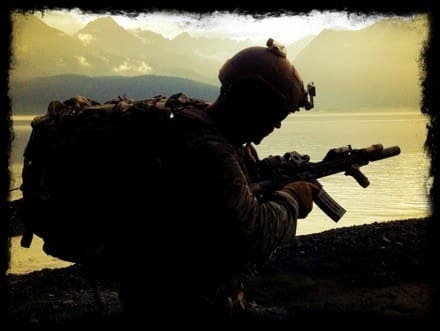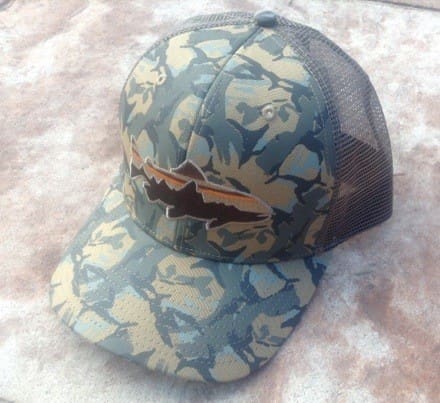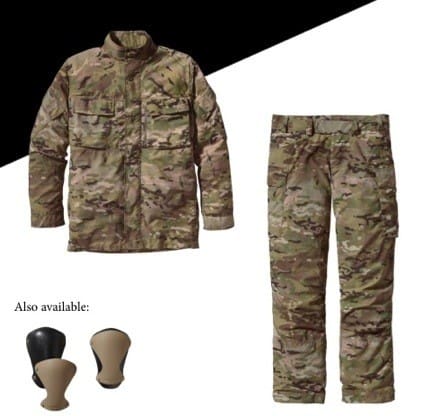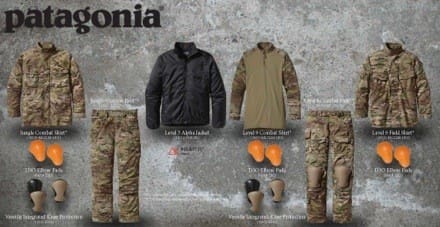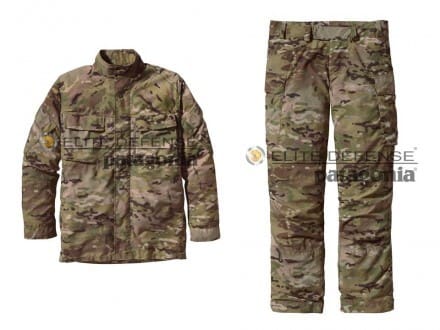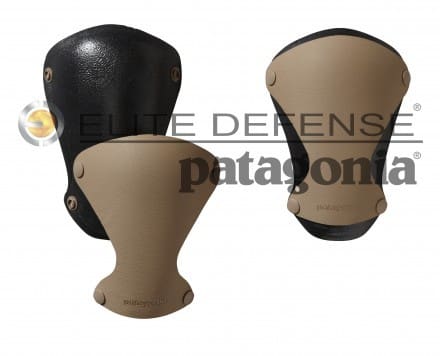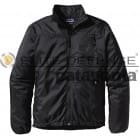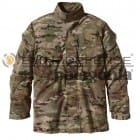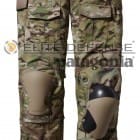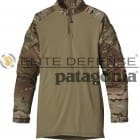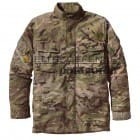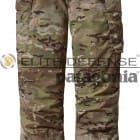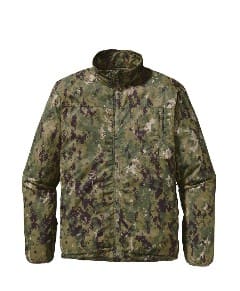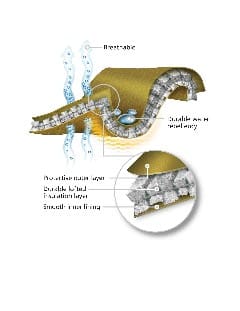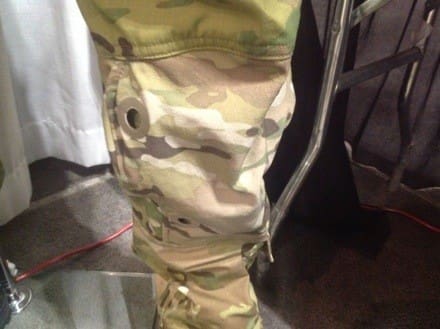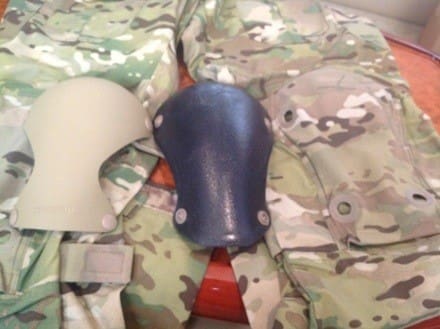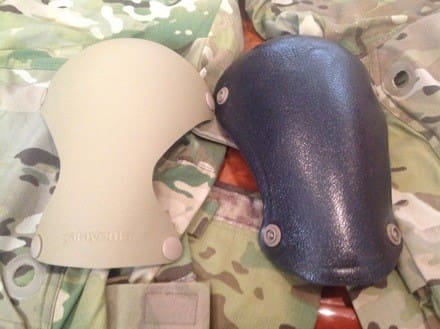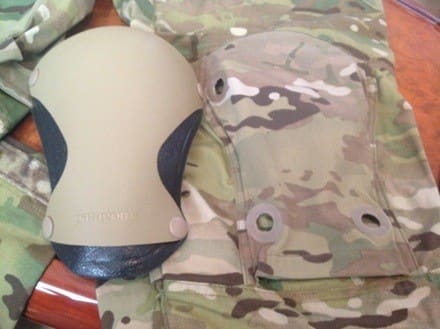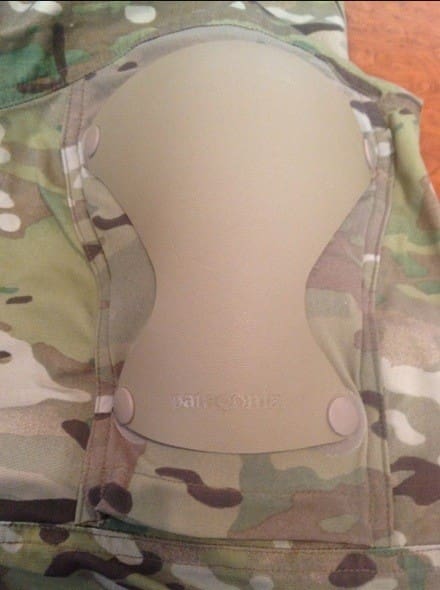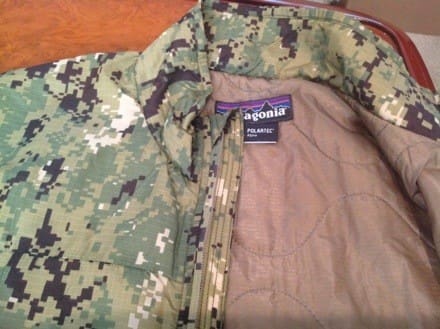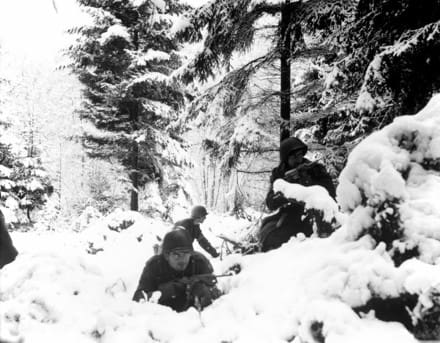
I’m bad about waiting until it’s already cold to pick up cold weather gear. This year, I was anticipating a lot of days on the road, all over the country for the winter season and got a little ahead of my usual curve. I think it’s an important factor in your performance to be as comfortable as possible given the conditions you are in. I’ve been cold and wet enough to know that I don’t like being cold and wet. I also know that I don’t get any better at being cold and wet with practice so I just try to skip out on letting that happen to myself for the most part. I like a system consisting of a really thin base layer, a mid layer up top, a soft shell outer layer, and an optional loft layer and Gore-Tex hard shell layer. Couple that with the right accessories and for everything I need to do I’m usually covered.
For the base layers, I like merino wool. My go-to is the RHO line from Arcteryx or Mission Ready Equipment’s line from Icebreakers. The RHO stuff comes in two weights, one being really thin and the other being more substantial. The best way I can describe them is one is closer to a t-shirt, the other close to a sweatshirt. The MRE Icebreakers shirts come in short and long sleeve, and are uniform friendly for military wearers. All of the above layers are form fitting so if you don’t want it too tight buy a size larger. Depending on the conditions I’ll add a mid-layer up top that usually consists of the heavier RHO top or more recently the Naga hoody. The Naga is a fleece pullover with a form fitting hood that can easily fit under most helmets. Outdoor enthausiasts have been onto this for years and the tactical market is finally catching up.
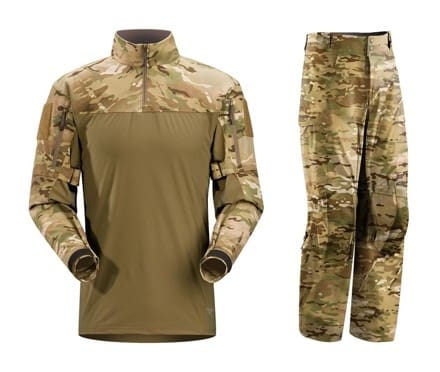
For my primary outer layer I like a soft-shell fabric. There are a multitude of options out there, some are very thin and light, some are thicker and feature a fleece backing. I prefer the lightweight Tweave Durastretch material, as I like the freedom of movement and breathability it offers over a less stretchy fleece backed material. I’ve also found that the Durastretch garments are usually very versatile and in dry climates can still be comfortable up to 75 degrees or so. Arcteryx makes extensive use of these fabrics in the Sphinx line for Military and LE users, as well as their civilian line. If I wear something heavier, Patagonia’s Guide Pant is a great option, and if you can find older ones with belt loops they’ll accommodate a gun belt. For a heavier jacket the Arcteryx Drac jacket is great, and is available in their Wolf color, which is much less attention-grabbing that Multicam or Crocodile for everyday use or uniformed LE wear.
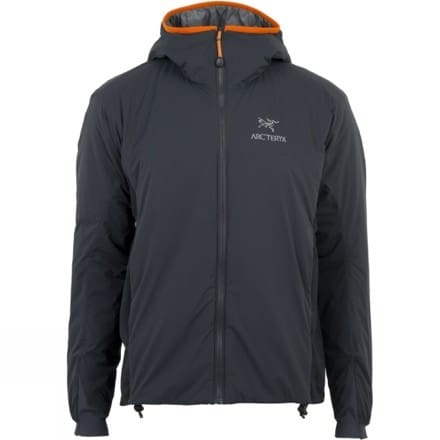
When temperatures take a dive or you will be in a static position, an extra layer of insulation is a must-have. I think the single best piece of clothing I own is the Atom LT jacket from (see a pattern emerging here…) Arcteryx. I’m not sure what kind of magic dust they sprinkle on that jacket to make it so awesome. It’s pretty much good from about 20 degrees to 60 degrees, and is indestructible. I got one from Grey Group Training in 2009 and it has survived rolling in dirt and gravel, snow, rain, sleet, countless cycles in the washing machine, airline baggage handlers, my dogs sleeping on it, and whatever else and still looks new three years later. It’s the Glock 19 of jackets, and everyone should have one. The Patagonia Nano Puff is a great option as well, but I found that mine lacks the ability to shed light rain as well as the Atom. I prefer these jackets to fleece because they’re generally warmer, lighter, more compressible, and provide another layer of defense against wind and precipitation. If it’s arctic weather, I’ll break out the Wild Things High Loft jacket. The “poofie” as we call it will keep you warm on a bird, hide, or turret no matter how low the temp drops. Rarely am I anywhere cold enough to call for it but when it does dip that low nothing else works as well.
I’ve found it’s best to select a lightweight waterproof-breathable top and bottom that can easily be packed and transported. I try and stick to genuine Gore-Tex products for it’s durability and resistance to breaking down when it comes into contact with petroleum based products. Some off brand membrane fabrics or DWR coatings lose their waterproofing when they come into contact with fuel or oil, and for professional military and LE users that’s a constant concern. Gore-Tex Pro Shell 2-layer material offers tremendous durability and weather resistance while still being lightweight and packable. I chose a set based on a minimal amount of features. For the rare occasion I wear it I want to it be waterproof vent well, I prefer to skip out on tons of pockets, velcro, powder skirts, and liners that only add weight and bulk. Many manufacturers use proprietary waterproof-breathable materials in lower priced jackets and Gore products in their upper level products. You get what you pay for.
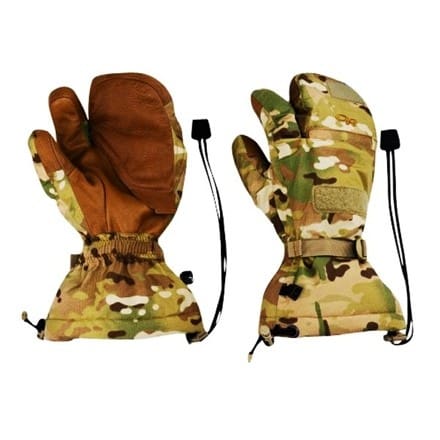
With all the effort many users put into clothing, an often overlooked piece of gear is gloves. Good gloves are hard to find. If they’re warm, they usually inhibit dexterity. If you can pick up a dime with them, you’re probably going to freeze. I usually wear thinner gloves in the cold and rely on a quarterback-style handwarmer from Cabelas to keep my hands warm. If I’m in conditions where I can’t do that, I wear Arcteryx Cam SV gloves or OR Swoop mittens. The Cam gloves allow me to still manipluate a firearm or radio, and the Swoop mitts fold back to expose your fingers, allowing you to form a firing grip or utilize touch screen devices.
There are a lot of companies making good clothing for colder weather, but putting together a full layering systems can be pretty costly. Many retailers offer sales periodically and if you shop around now you can still find some before the weather starts to cool off. Don’t be afraid to buy gently used or stuff from last season. If you are on a tight budget, surplus PCU layers can be had at a steal and is still pretty good stuff. Stay warm this winter, and check out the links below for some great stuff.
www.leaf.arcteryx.com
www.missionreadyequipment.com
www.patagonia.com
www.outdoorresearch.com/gov
Jon Canipe served on Active Duty with the US Army as a Special Forces Weapons Sergeant at 5th SFG(A) and was a Senior Instructor at the JFKSWCS, training SFQC students in planning, unconventional warfare, small unit tactics, CQB, and advanced marksmanship. He is a veteran of multiple combat tours, and still serves in the Army National Guard’s 20th SFG(A) in addition to working as an industry consultant and small arms instructor.


